In Slow Productivity, Newport argues that the key to achieving meaningful and fulfilling work is not through constant busyness, but rather by taking a more deliberate and intentional approach.
Newport advocates for a 'slow productivity' mindset, which involves doing fear things, working at a natural pace, and obsessing about quality.
By building a more focused and intentional way of working, individuals can achieve better results and experience greater satisfaction in their work.
Overall, Slow Productivity offers an alternative work philosophy to the culture of constant hustle and overwork that is commonplace today.
Note - these are my notes, based on passages that resonated with me. They are not intended as a comprehensive summary.
Chapter 1 - The Rise and Fall of Pseudo Productivity
- Knowledge workers and companies do not know what productivity looks like
- Standard industrial per hour measures of output do not apply
- Companies are unsure how to measure and manage knowledge workers
- Low friction communication and portable computing ever amplifies us toward simply ‘working a lot’
- Hopelessness of old productivity measures not fitting into knowledge work
- Pushing knowledge workers to work more is often trumped by letting them work better
Chapter 2 - A Slower Alternative
- There is a temptation in activism to propose new ideas to preserve the possibility of perfect
- The Slow Movement is built on the strategy of offering people a more sustainable and higher quality alternative
- Slow Productivity reorients work to have a source of meaning instead of overwhelm but maintains valuable output
Chapter 3 - Do Fewer Things
- Doing less can enable better results vs a bias toward activity
- Engineered Simplicity
- Digital intensity of workers days has increased substantially
- Overhead tax: the time taken learning and using tools, scheduling, gathering info and synchronizing in order to get a task actually done.
- The pandemic shift to remote has pushed knowledge workers over the threshold of the overhead tax
- The mind constricting impact of cortisol when your schedule becomes full
- Knowledge workers end up with workloads calibrated to the edge of the overhead tax/tipping point?
- Overload is not fundamental to knowledge workers it's a product of the crude methods we use to manage the volume of work
- Missions spawn projects / multiple missions spawn more projects
- Limit missions to focus projects
- A Project is any work-related initiative that cannot be completed in a single session
- Projects can be single shot and ongoing
- When agreeing to a project, immediately block time on your calendar to complete it
- It is a myth that is hard to say no whether to someone else or your ambition
- Daily goals - focus on at most one project per day
- There is a calibrated steadiness to working on one initiative per day
- Progress accrues while anxiety subdues
- Put admin tasks on autopilot
- Much busyness comes from talking about tasks instead of doing them.
- Replace asynchronous comms with real-time comms (or structure & strengthen the async to reduce ambiguity)
- Invest in professional tools rather than Band-Aids
- Look at pull versus push for projects and processes
- A simulated pull process can be implemented even in a push environment
- Sometimes a little friction is all it takes to slow down a torrent of incoming work
Chapter 4 - Work at a Natural Pace
- When thinking about productivity time scale matters
- Our anxieties are the fiercest taskmaster
- Free to work in any way they want, the knowledge worker returns to the more varied effort levels that humans are wired for (Hunter/Gather genes)
- Working with unceasing intensity is artificial and unsustainable
- Making a five-year plan helps stay focused on longer term goals
- Humans are not great at estimating the time required for cognitive work
- Double every project timeline estimate
- Grand achievement is built on the accumulation of modest results over time
- Simplify your work day to free yourself from needing to attack each day with frantic intensity
- Reduce your task list for any given day by 25 to 50%
- You have more control than you think over your task lists
- Quiet quitting could be a seasonal strategy
- Implement small seasonality; e.g. No Meeting Mondays, go and see a matinee once a month, schedule rest projects - all inject some natural pace into your worklife
- Kerouac wrote on the road in three weeks and then spend six years redrafting to get a publisher to accept it
- Surroundings count - match your workplace to your work
- Context counts; home offices switch brains to home context
- There is a difference between remote working and working from home
- Find your advantageous mental state through rituals
- Form personalized rituals around the work you find most important
Chapter 5 - Obsess over Quality
- Hardwood grows slowly
- “Do not work for radio, ever”
- Quality demands that you slow down
- The third principle helps you stick to the first principle - busyness becomes intolerable
- The marketplace doesn't care about your personal interest in slowing down you need to offer more in return
- Obsession with quality both demands and enables slowness
- Combine the opinions of multiple practitioners of your craft - more possibilities and nuance emerge
- Buy a $50 notebook - the pursuit of quality is not a casual affair
- Progress matters, not perfection
- Seek accountability in time or money to drive quality
Chapter 6 - Conclusion
- Slow Productivity is a game plan for a viable replacement to our current culture of overload
- Slow Productivity can help people free themselves from the dehumanizing grit of pseudo productivity
- We need more intentional thinking about what productivity is in the knowledge sector
- Modest drops of meaningful effort for 365 days equal a full bucket
- The faster approach for the last 70 years isn't working - it's time to try something slower
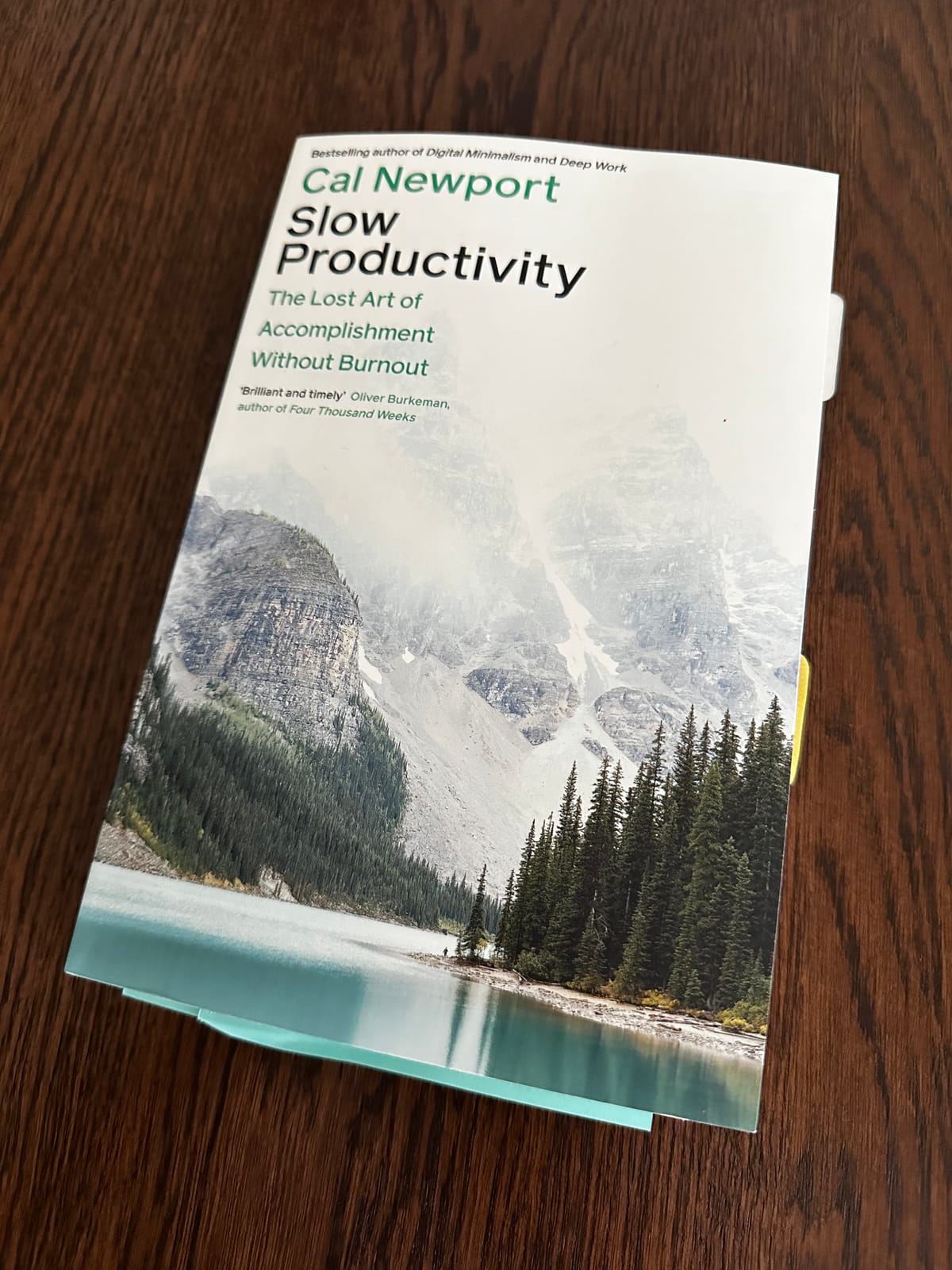

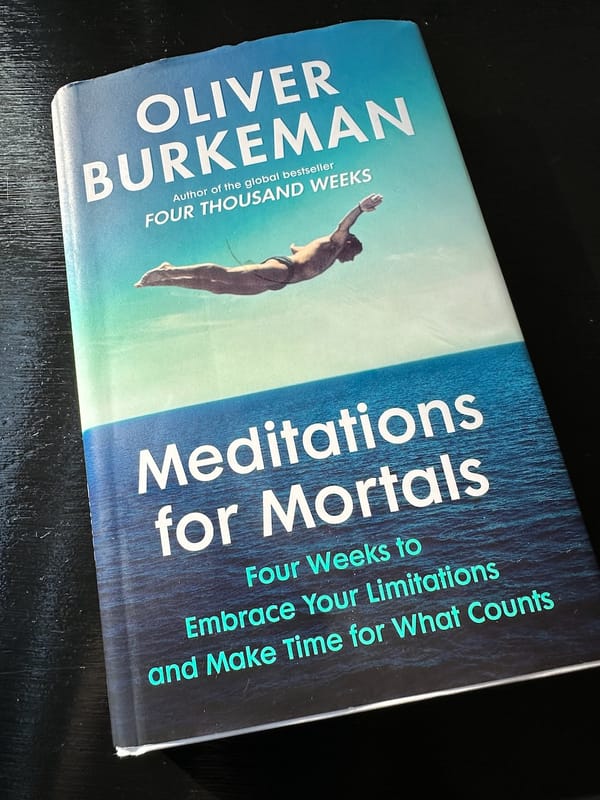
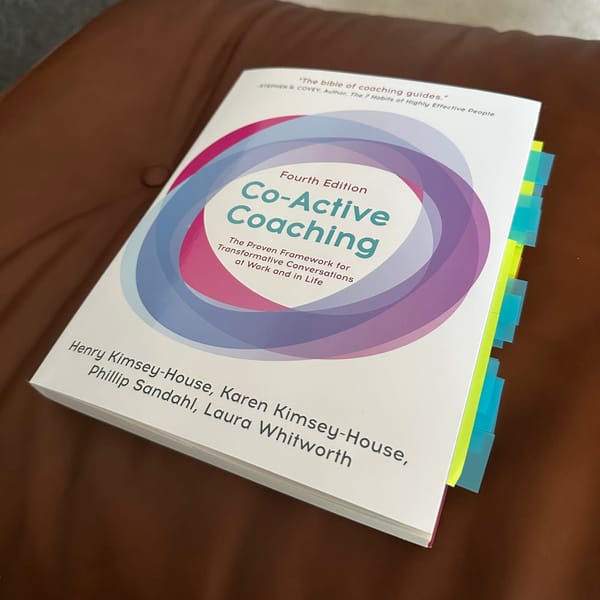
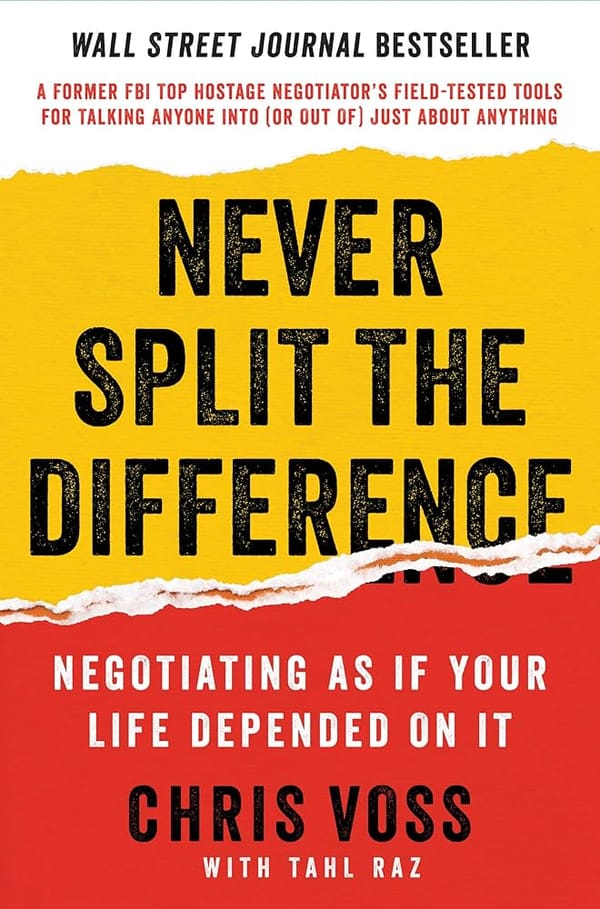
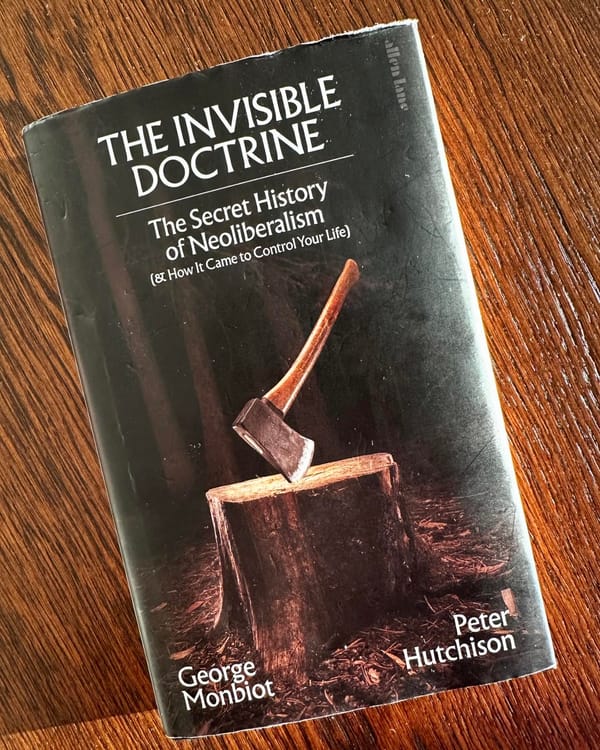
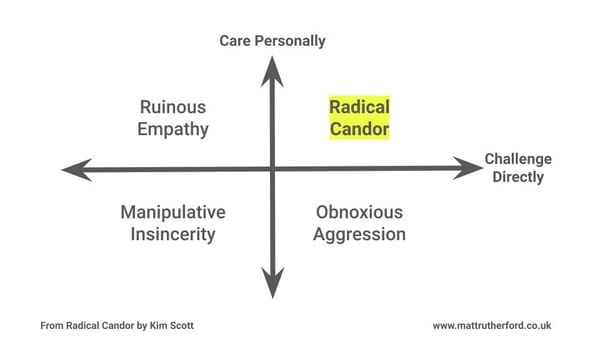
Member discussion